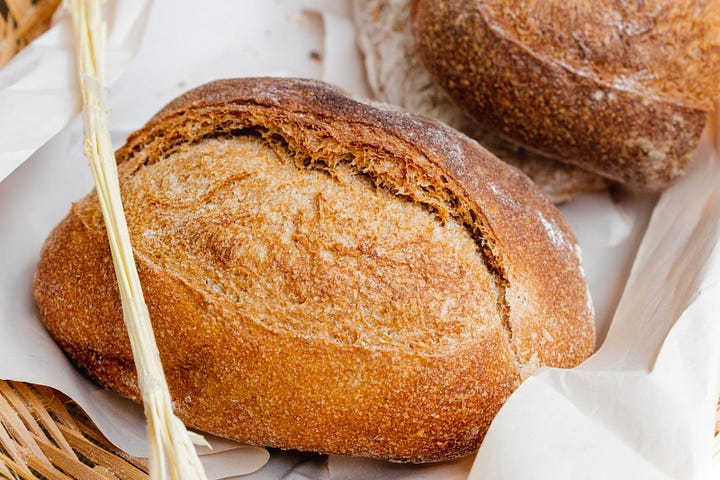
Grain: Ukraine’s bread and butter
When Russia invaded Ukraine last February, many feared the price of grain would skyrocket. While the cost of war is incalculable on many fronts, this would have been a disaster for Europe and other areas around the world that rely on Ukraine for wheat, maize, and other grains.
Known as the continent’s breadbasket, Ukraine is a top exporter of essential grains. The country is the world’s second-largest exporter of barley and fifth-largest exporter of wheat (thanks to its climate and soil). It’s also a large exporter of corn and sunflower oil.
While the world waited to see just what would happen, European countries sprung into action to prevent the collapse of Ukraine’s agricultural industry. After all, rising grain prices in Ukraine could have led to dire ramifications around the world, such as food crises and political unrest in Africa and the Middle East.
So, although we all expected massive food shortages and sky-high prices, those predictions didn’t fully come to pass. In fact, Ukraine’s grain and agriculture industry is doing better than expected. Here’s why:
Europe’s crisis response
Ukraine’s grain exportation did take a huge hit when Russia invaded the country. Last year, Russia blocked ports in the Black Sea, which is where a large majority of food exports leave Ukraine. That is on top of the global food industry already hurting from other factors like the COVID-19 pandemic and climate change.
To prevent an impending food crisis, made worse by the conflict in Ukraine, the European Union poured €1 billion into what are known as Solidarity Lanes (land routes set up for safe exportation). Additionally, grain and other exports were able to pass through Black Sea ports thanks to a United Nations deal. Some countries even had their own efforts to help Ukraine. For example, Brussels waved tariffs on Ukrainian agricultural imports and other Ukrainian goods.
A global food crisis averted
The conflict in Ukraine has waged on for a year, with devastation we might not know the full extent of for years to come. However, thanks to swift action to aid Ukraine and save an agricultural industry that feeds so much of the world’s population (including some of our poorest countries), we didn’t see the full scale crisis some had predicted.
Despite being in the middle of a conflict, Ukraine’s grain industry is doing surprisingly well. So well, the country still holds the title of one of the globe’s top grain exporters.
An uncertain future
Ukraine’s grain exportation may be doing better than expected, but the country’s grain exports are still down this year compared to the beginning of 2022. Furthermore, we don’t know how long this conflict will last or if Europe’s measures to stave off agricultural disaster are sustainable. We’re already seeing a backlash to some countries’ suspension of tariffs on Ukrainian imports–mainly from the countries’ local farmers.
Although the road ahead isn’t clear, I’m inspired by the global community’s response. Not just in helping Ukraine, but also helping so much of the world the country feeds. With swift action to save Europe’s breadbasket, we averted what could have been a once-in-a-lifetime global food crisis … at least for the time being.



